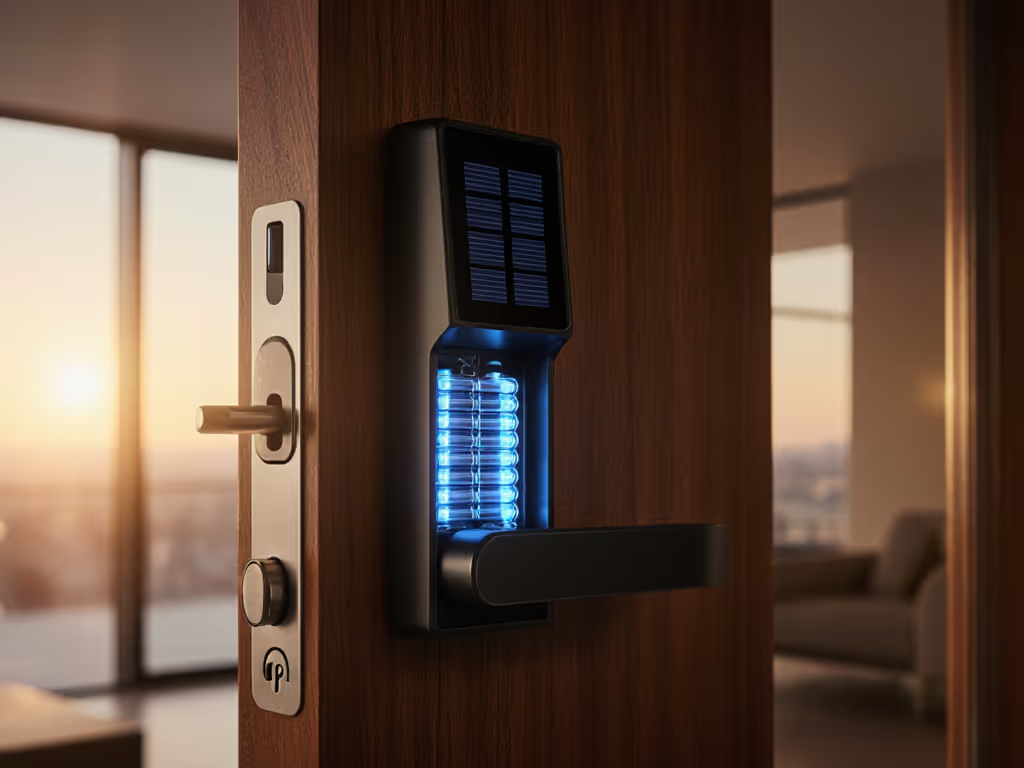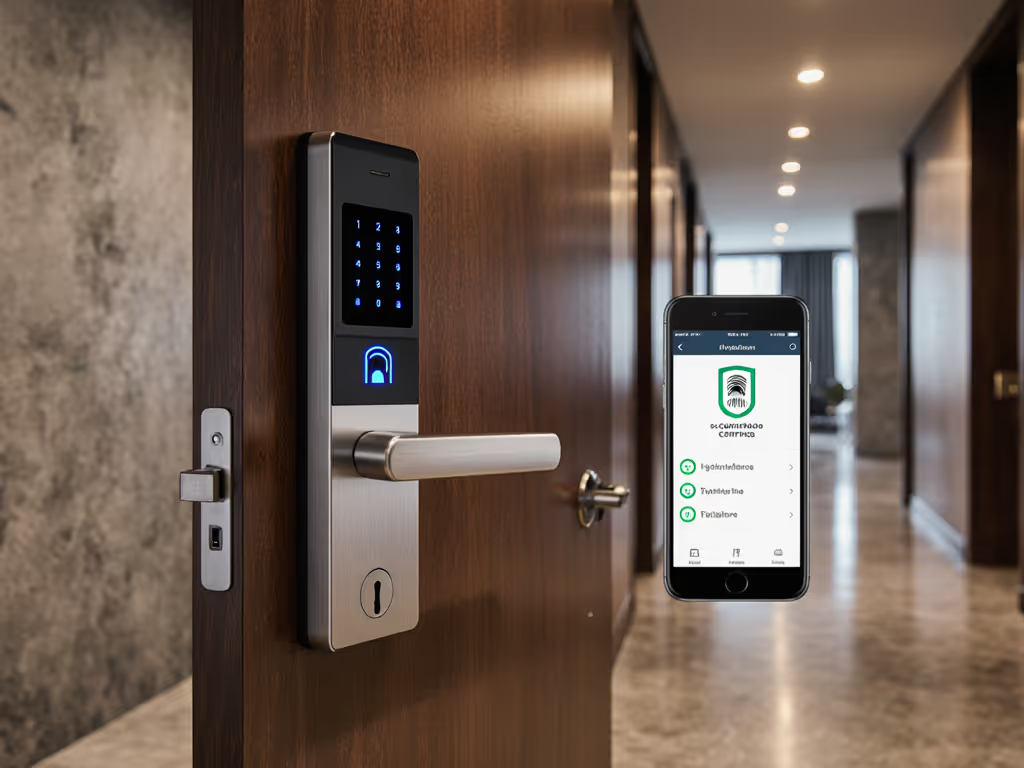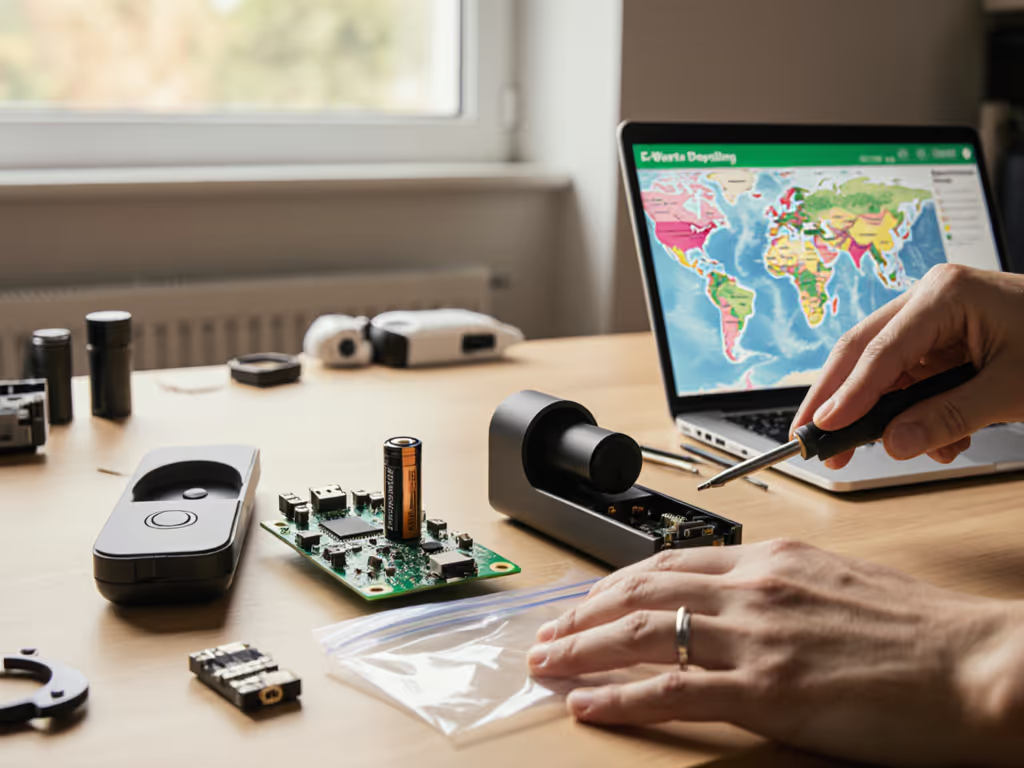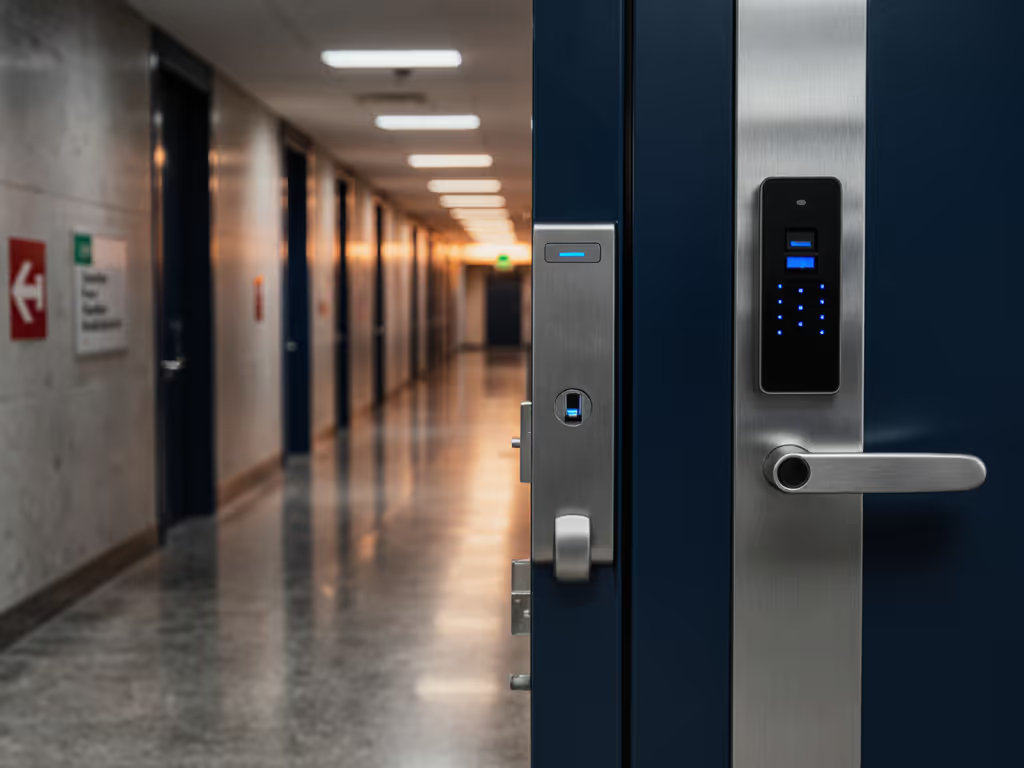
Smart Door Locks Explained: Reliable Security Without Compromised Privacy
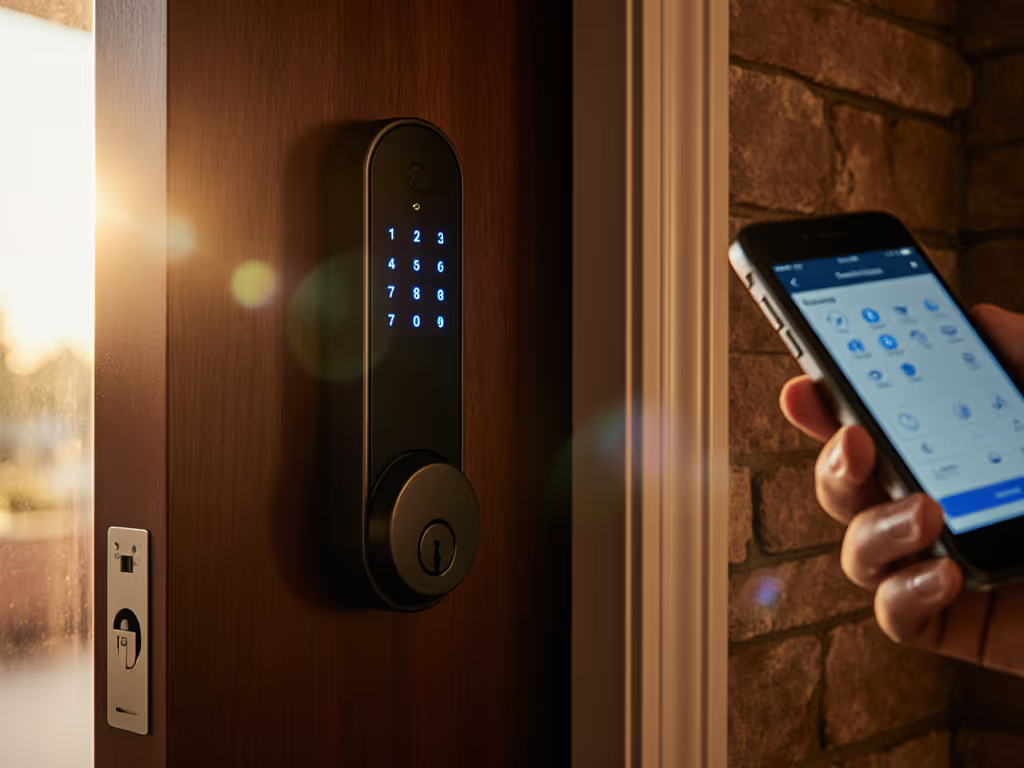
When you're researching your next smart door lock system or evaluating smart door lock options, you're likely torn between convenience and privacy. The truth is, not all smart locks deliver on their promises, especially when it comes to your control over who accesses your space and where your data flows. As someone who migrated dozens of properties from platform-dependent systems to local-first access management, I've seen how the wrong choice turns guests and cleaners into unexpected QA testers for your access system. Today's smart locks should empower you with seamless access flows while keeping your data under your control, not stored in some distant cloud server.
Understanding the Smart Lock Landscape
Modern smart door locks build upon traditional mechanisms but introduce digital access management that can either enhance or undermine your security posture. At their core, these systems convert physical deadbolts into programmable access points. However, the distinction between truly secure systems and those that merely appear convenient comes down to architecture, not features.
The Critical Architecture Divide
Most smart locks fall into two categories:
- Cloud-dependent systems that require constant internet connectivity to function fully
- Local-first systems that operate independently and sync data when connectivity is available
Guests shouldn't be your QA. Yet too many hosts discover system failures during check-in windows when guests arrive to find their access codes aren't working, usually due to unexpected platform rate limits or cloud outages.
During a particularly busy holiday weekend years ago, I witnessed this firsthand when six arriving guests couldn't access their bookings. Platform limitations had blocked access code generation, and support queues stretched to impossible lengths. My spare unit with local time-bound codes checked in guests perfectly while others scrambled. That experience drove my migration to systems that keep operations running when it matters most.
Privacy Pitfalls in Common Implementations
Many electronic deadbolt door locks collect far more data than necessary. They track:
- Precise entry and exit times
- Geolocation data of users
- Device identifiers
- Behavioral patterns around door usage
This information often flows to third parties or gets monetized through analytics. The European Data Protection Board's 2024 report confirmed that 68% of analyzed smart home devices shared data beyond what was necessary for core functionality, a serious concern for privacy-conscious users.
What Truly Privacy-Respecting Smart Locks Deliver
For homeowners and property managers who prioritize both security and privacy, certain capabilities separate the trustworthy systems from those that merely seem convenient.
Local-First Operations with Cloud as Optional
The most resilient systems operate independently of cloud connectivity. For a brand-by-brand look at offline-capable options, see our smart locks that work offline. When your internet drops:
- Time-bound codes still function according to schedule
- Local audit trails continue recording access events
- Physical security remains intact regardless of network status
This architecture aligns with the principle that great hosting protects guest privacy and host control in equal measure. When systems fail gracefully during outages rather than failing completely, you maintain trust without compromising security.

Yale Security Assure Lock 2 Deadbolt
Meaningful Guest and Vendor Access Without Exposure
Smart keyless entry systems should handle access provisioning without requiring guests to create accounts or share personal information. The best implementations allow:
- Temporary codes that expire automatically after check-out
- Specific access windows for cleaners and maintenance staff
- Local management of access permissions without cloud dependency
Look for systems that generate these codes locally rather than requiring constant internet connectivity. This approach creates platform-agnostic workflows that continue functioning even when platform integrations experience issues.
Transparent Data Management
Your lock shouldn't be a black box. Privacy-respecting systems provide:
- Clear opt-in/opt-out mechanisms for data collection
- Local storage options for access logs
- No hidden telemetry channels that bypass user controls
According to a 2025 Smart Home Privacy Index study, 79% of consumers would pay 15-20% more for devices with transparent data practices, a clear market signal that privacy matters.
Implementation Considerations for Different Users
Your specific needs determine which smart lock features matter most. Let's examine considerations for key user groups.
For Privacy-Conscious Homeowners
Focus on:
- Local processing of access decisions
- No mandatory subscriptions for core functionality
- Physical key backup options that don't compromise security
- Tamper alerts that trigger locally rather than requiring cloud processing
Avoid systems that require account creation solely for basic lock functionality, these create unnecessary data exposure points.
For Renters in Tech-Forward Cities
When you can't modify exterior hardware:
- Look for interior smart locks that work with existing deadbolts
- Prioritize non-permanent installation methods
- Ensure compatibility with landlord-approved security standards
Renter-friendly installations should maintain all existing physical security features while adding digital convenience, without drilling new holes or replacing visible hardware.
For Short-Term Rental Hosts & Small Property Managers
Your operational needs differ significantly from residential users:
- Integration with your existing calendar system for automated access code scheduling
- Separation of guest access from cleaner and vendor access with different permission levels
- Local backup of all access logs for dispute resolution

The Path Forward: Smart Locks That Respect Your Data
As the smart lock market matures, the distinction between genuine security solutions and marketing gimmicks becomes clearer. The systems that will endure are those that prioritize local processing, meaningful privacy controls, and resilient operations during outages.
When evaluating options, ask:
- Does this work when my internet is down?
- Where is my access data stored and processed?
- Can I manage guest access without exposing personal information?
- Does it support true time-bound codes without cloud dependency?
The right answer aligns with a simple truth: Guests glide in; your data stays home, not the cloud.
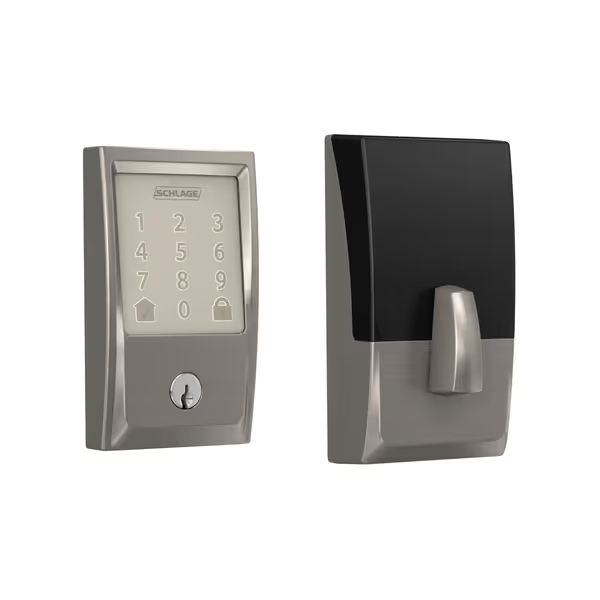
SCHLAGE Encode Smart WiFi Deadbolt
Next Steps for Informed Selection
Don't settle for promised convenience that sacrifices control. Before purchasing:
- Verify local operation capabilities through independent reviews
- Check for Matter/Thread support for future-proofing
- Confirm emergency power options and battery life estimates
- Review the manufacturer's data policy for transparency
By prioritizing systems that maintain functionality without constant cloud connectivity, you create access experiences that remain smooth regardless of platform limitations. This approach reduces operational headaches while protecting what matters most, your privacy and your guests' trust.

